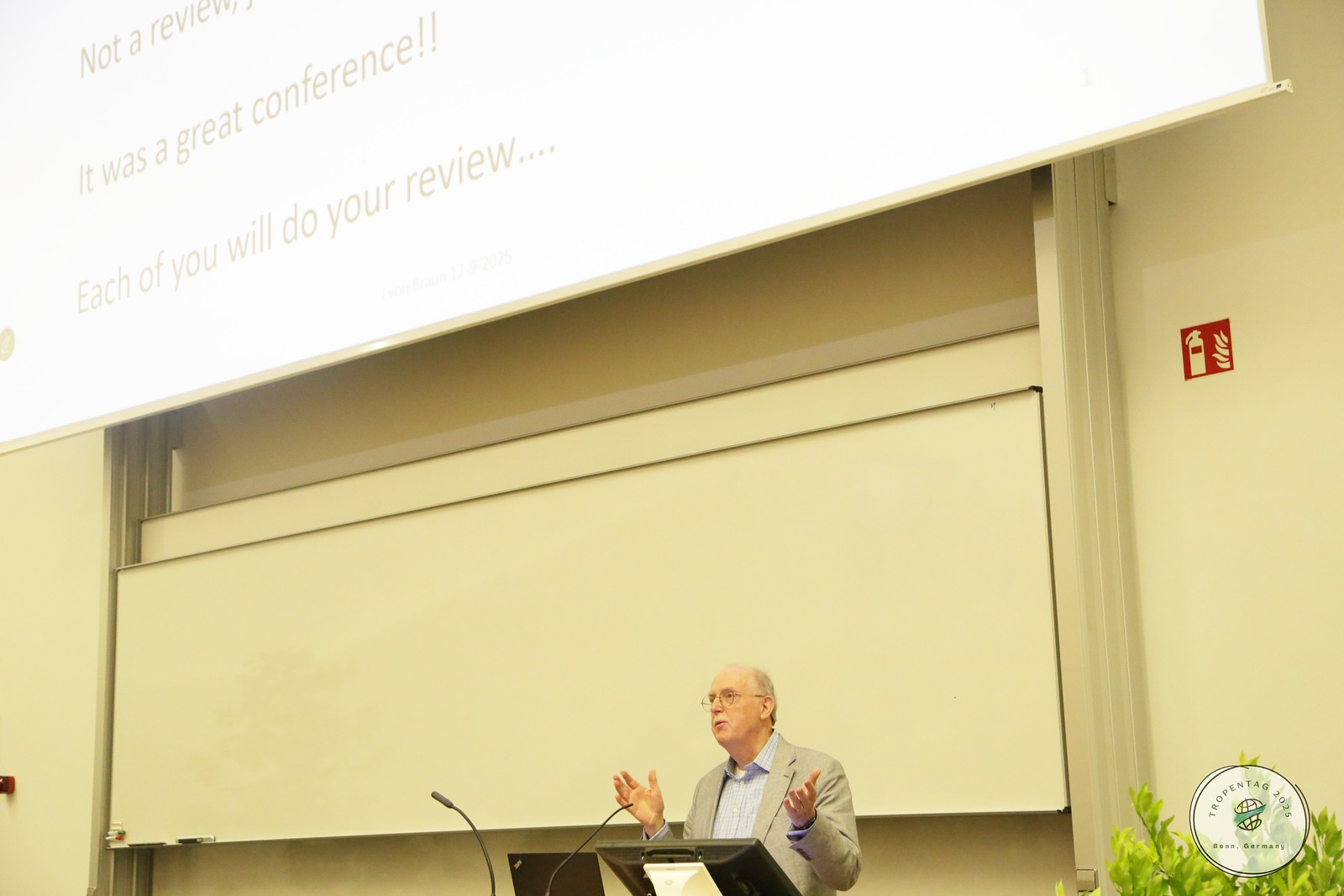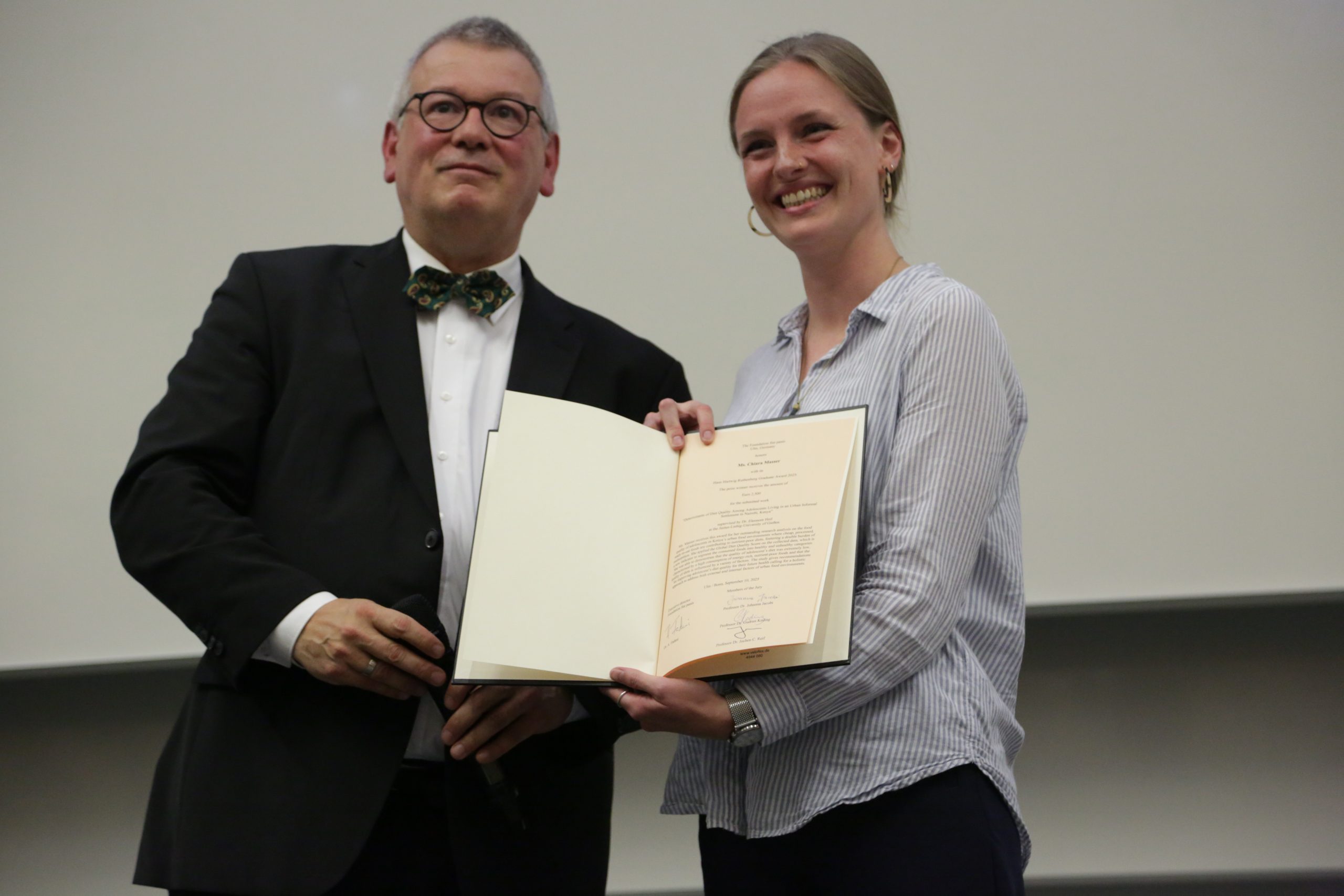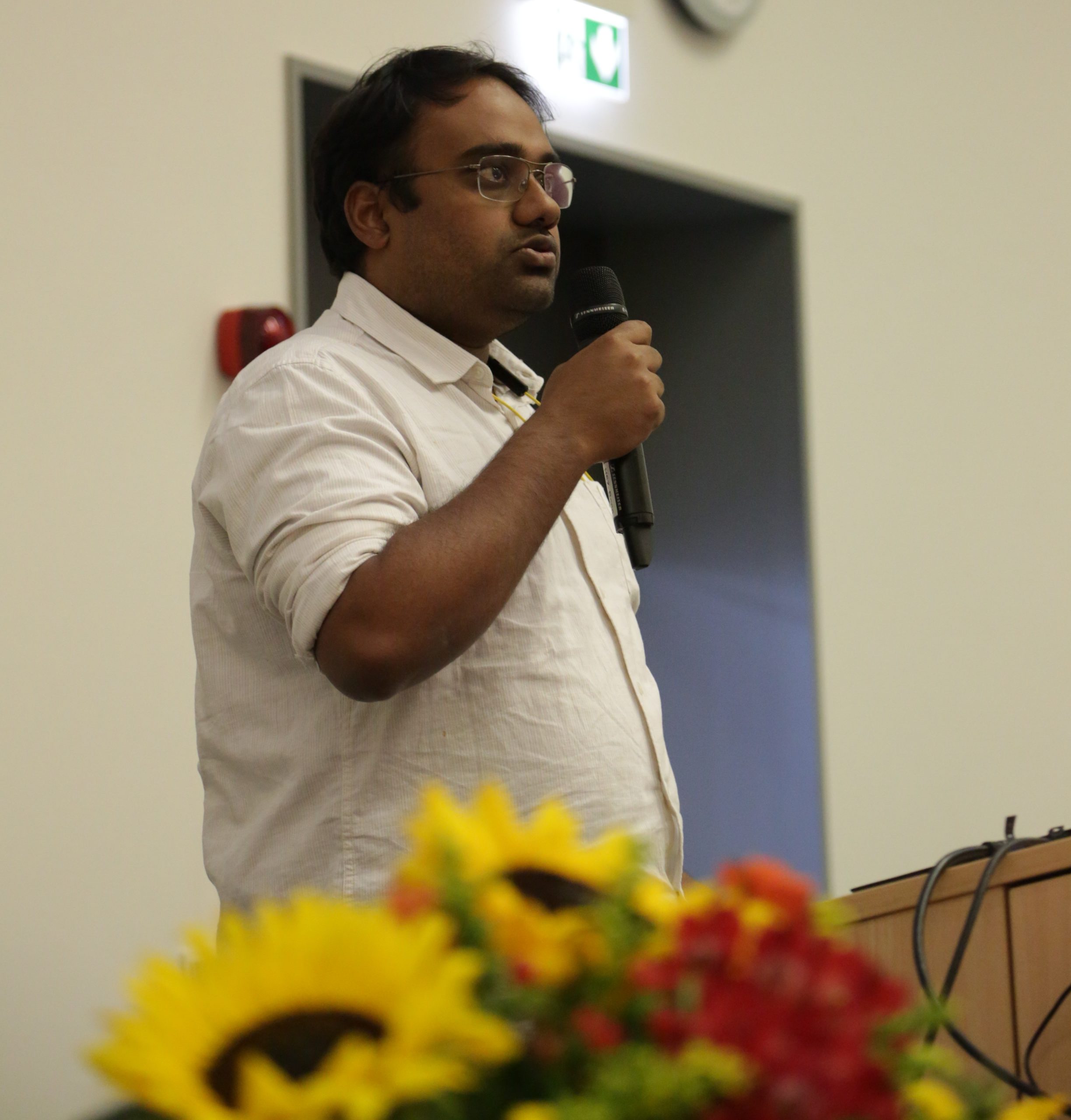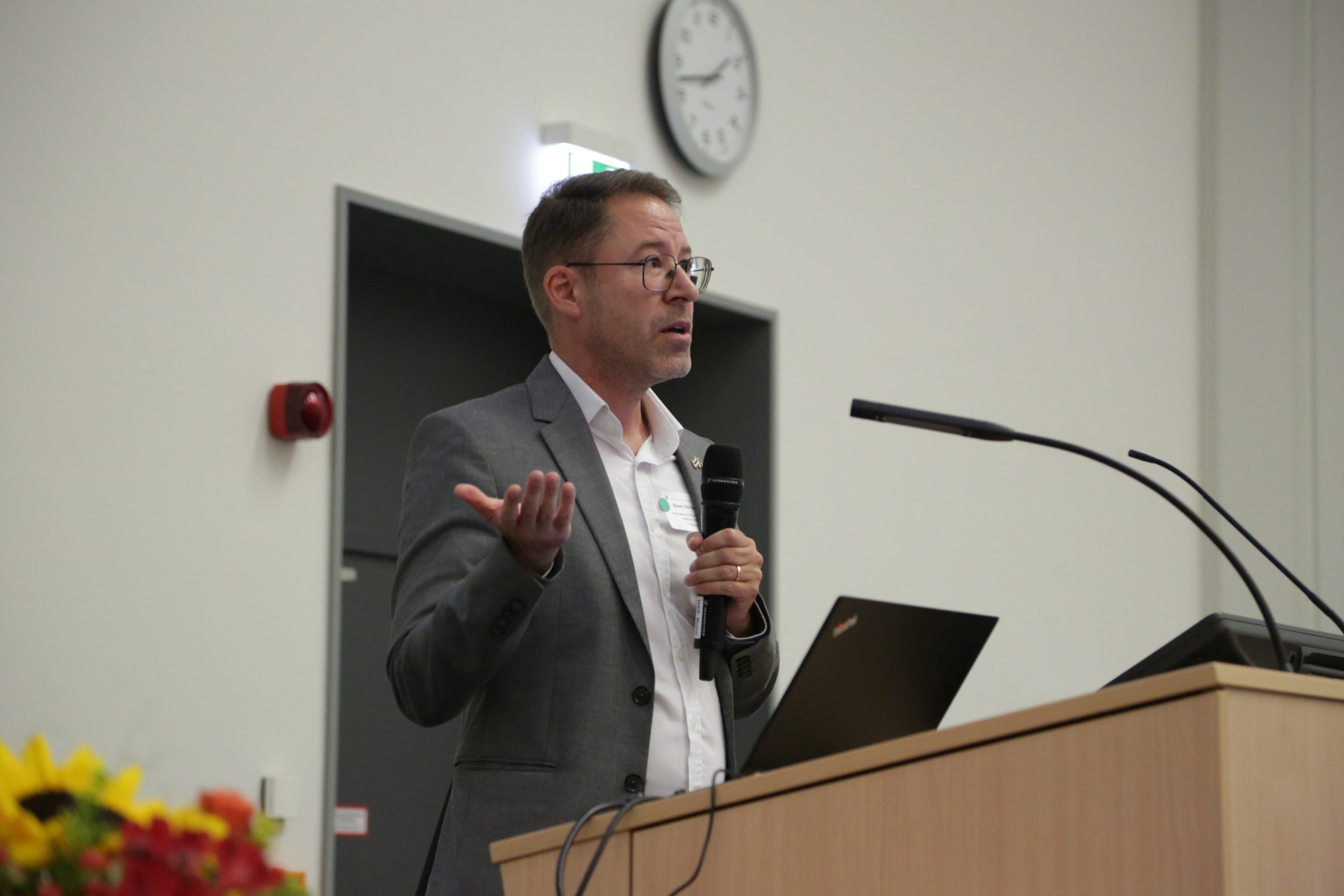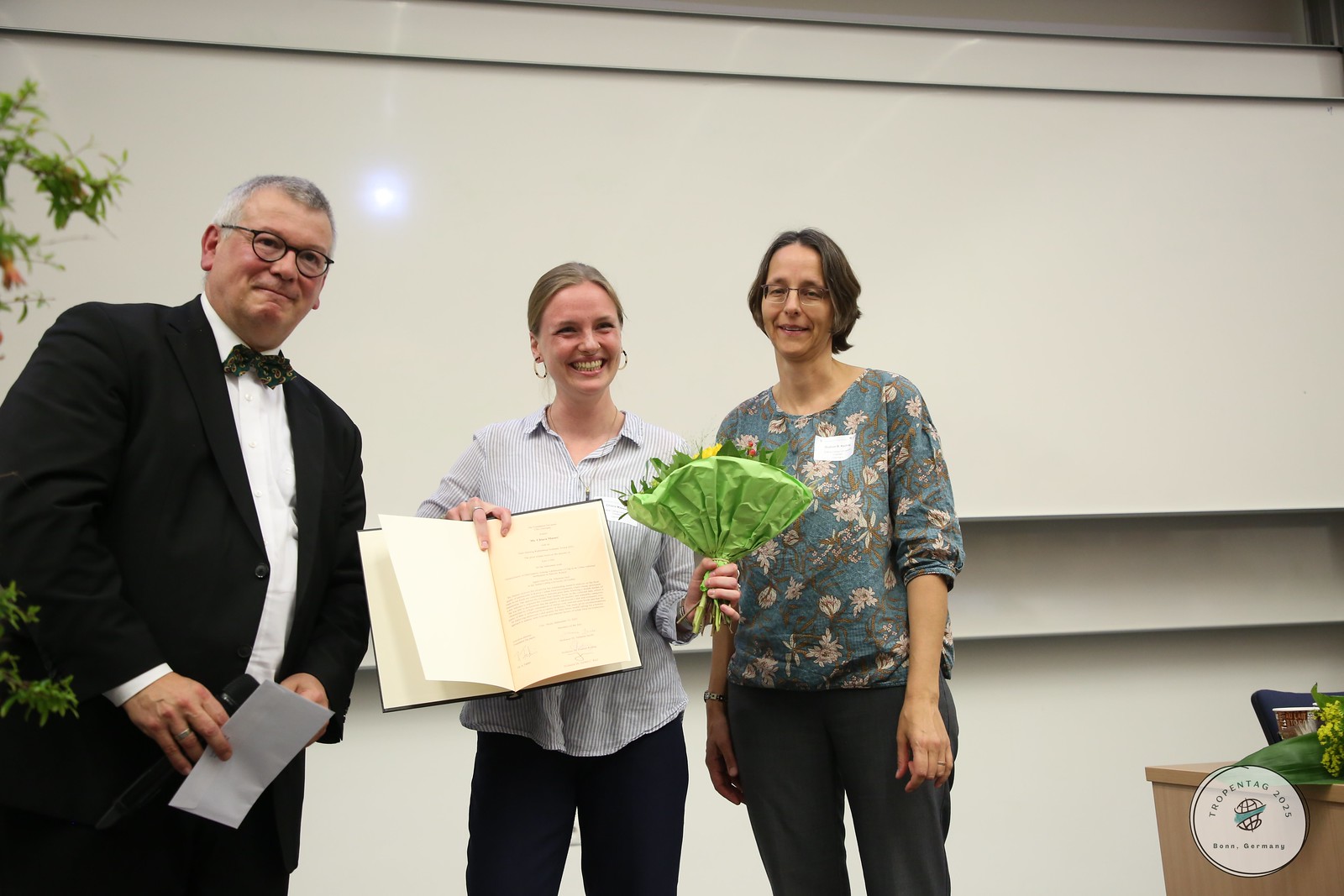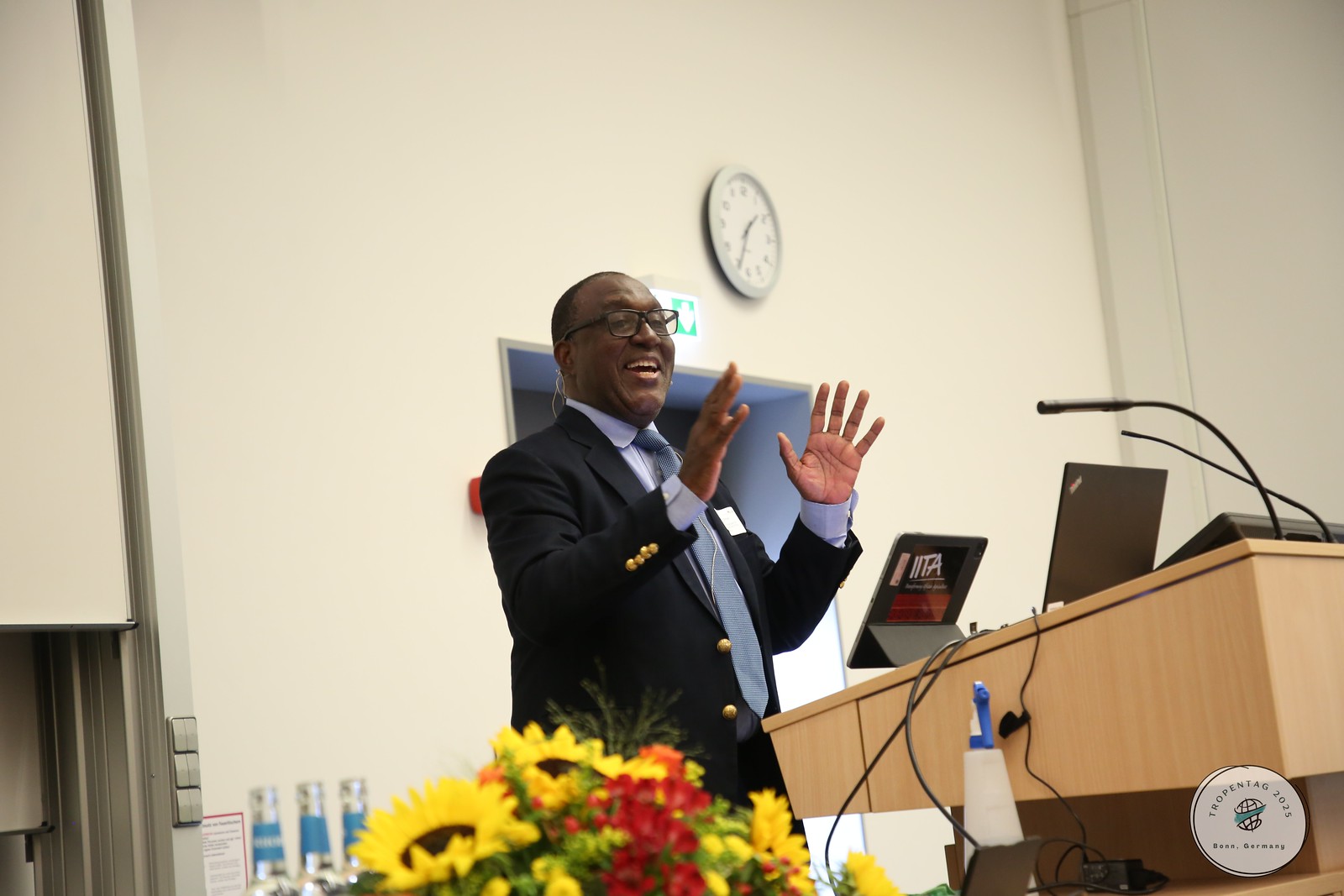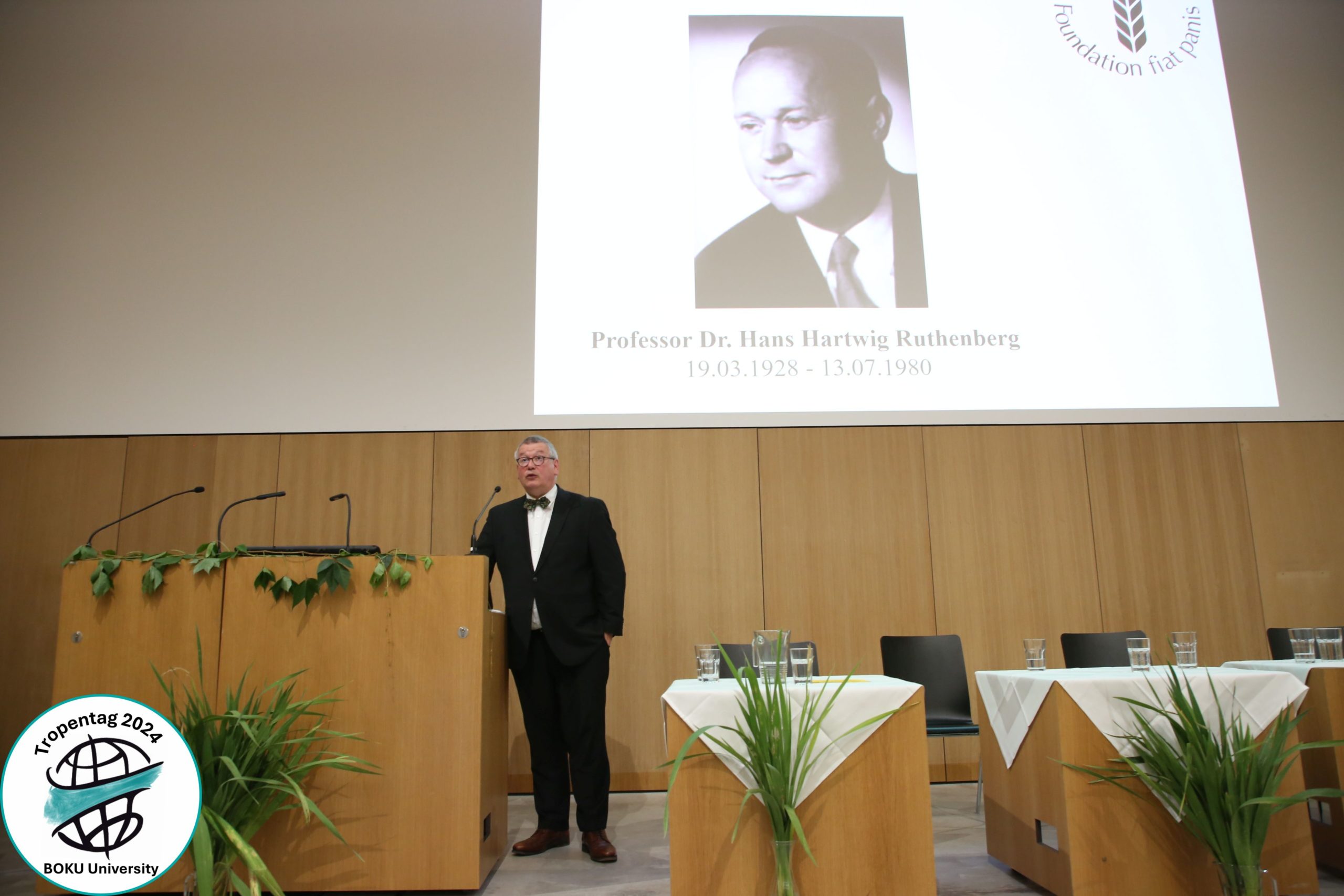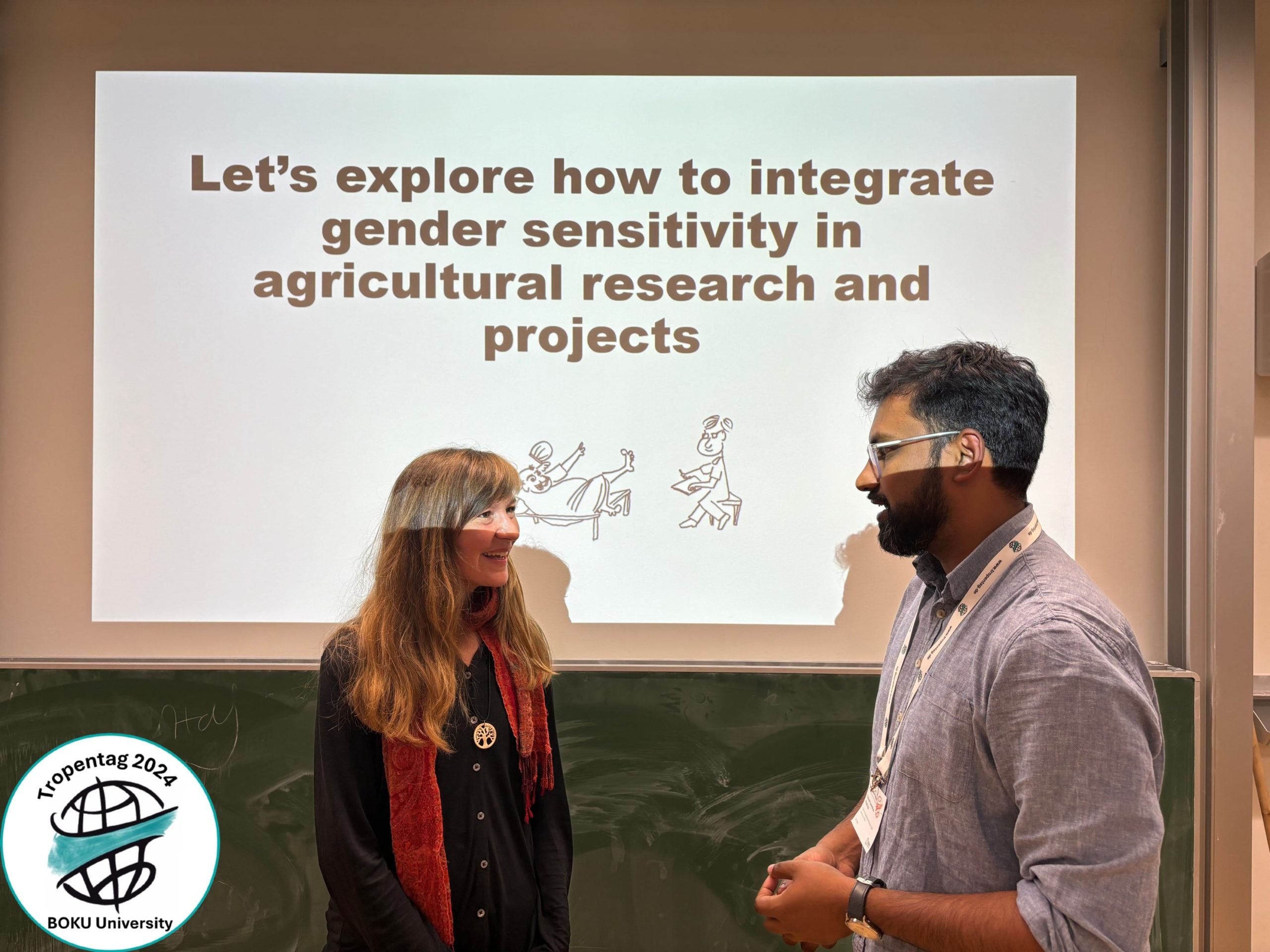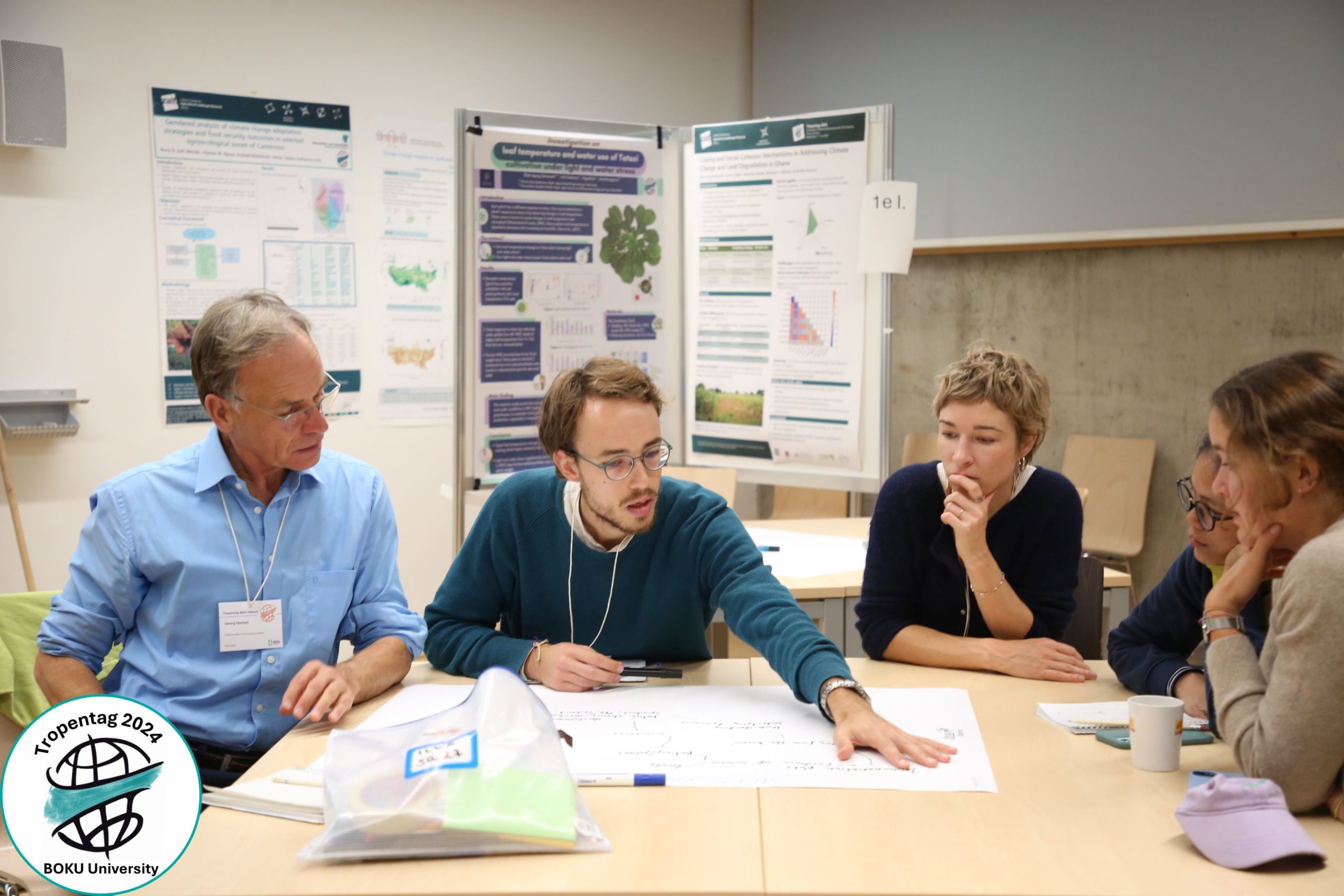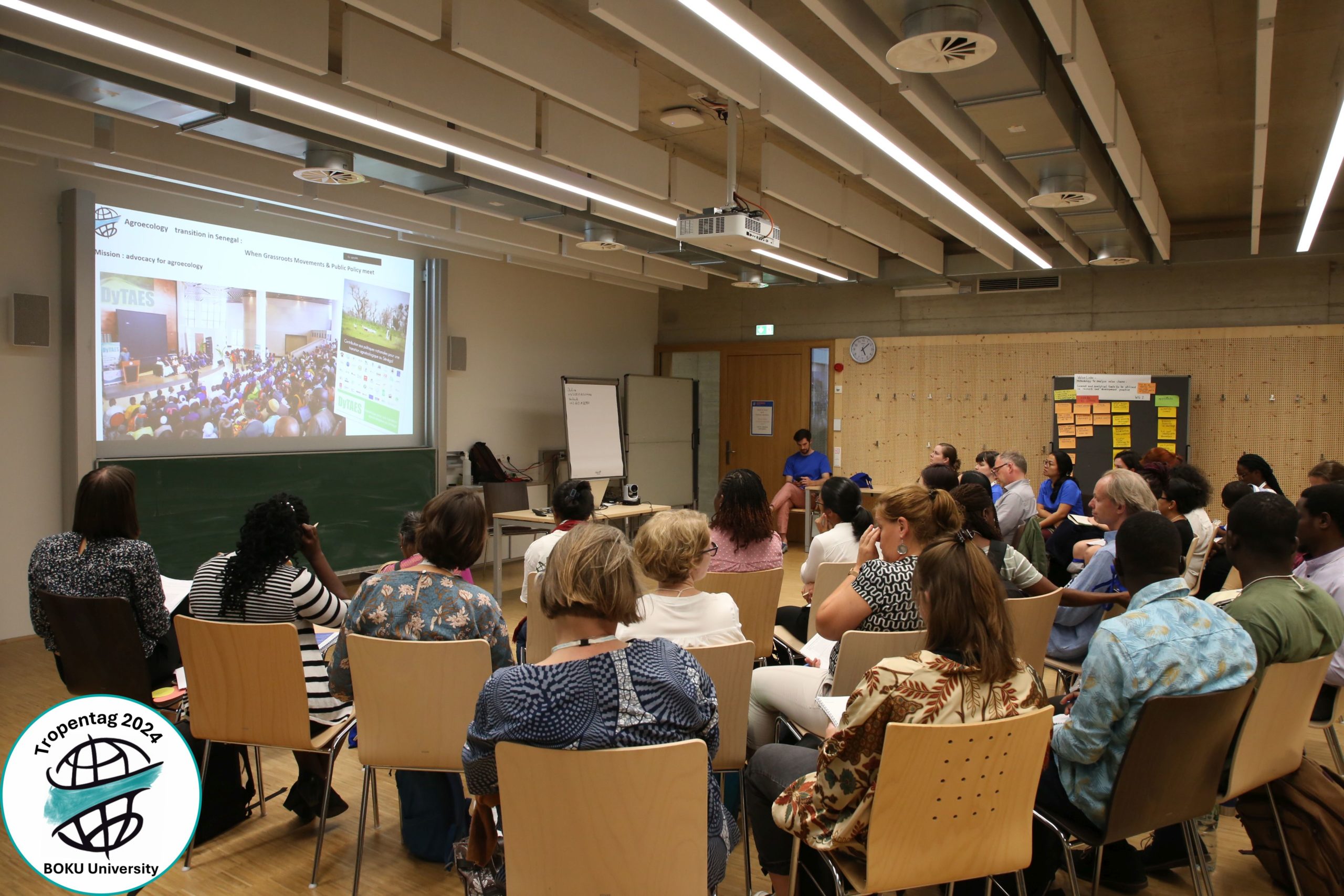The hard questions for agriculture are inseparable from the hard questions facing society.
In Nairobi’s informal settlements, teenagers know healthy eating matters—but poverty and limited food choices keep balanced diets out of reach. At Tropentag 2025, Chiara Masser from Justus Liebig University Giessen presented striking new evidence on
Cleaner skies are on the horizon, but unless we prepare, they could also bring tougher times for farmers.
If rice is on half the world’s plates, its future should concern us all
From Gießen to Nairobi, Chiara Masser’s research shows how young scholars are shaping healthier futures for vulnerable urban communities.
Synergy for impact is necessary through the alignment of science, policy, and practice.
Two very different success stories, one conclusion: going to the people and connecting with the local producers is what makes research come alive.
In an increasingly interconnected world, understanding and addressing gender sensitivity in our work is not just a trend—it’s a necessity. In the workshop on how to integrate gender sensitivity in agricultural research and projects, PhD researchers Lilian Beck from the University Hohenheim and Subash Surendran Padmaja from the University of Bonn discuss gendered power dynamics that extend far beyond simple patriarchal frameworks.
The final day of Tropentag 2024 started with a workshop on the topic of “Upscaling Agroforestry in the Tropics” led by Lilian Beck, a PhD researcher from the University of Hohenheim, alongside representatives from the Center for International Forestry Research and World Agroforestry (CIFOR-ICRAF). The workshop featured interactive reflections on agroforestry practices, case studies and recommendations to advance these practices.
Did you know that while there are over 50,000 edible plant species on Earth, just 15 crops provide 90% of the world’s food energy intake? The lack of diversity in our diets not only undermines human health but also reflects the monoculture-dominated landscapes of modern agriculture.

